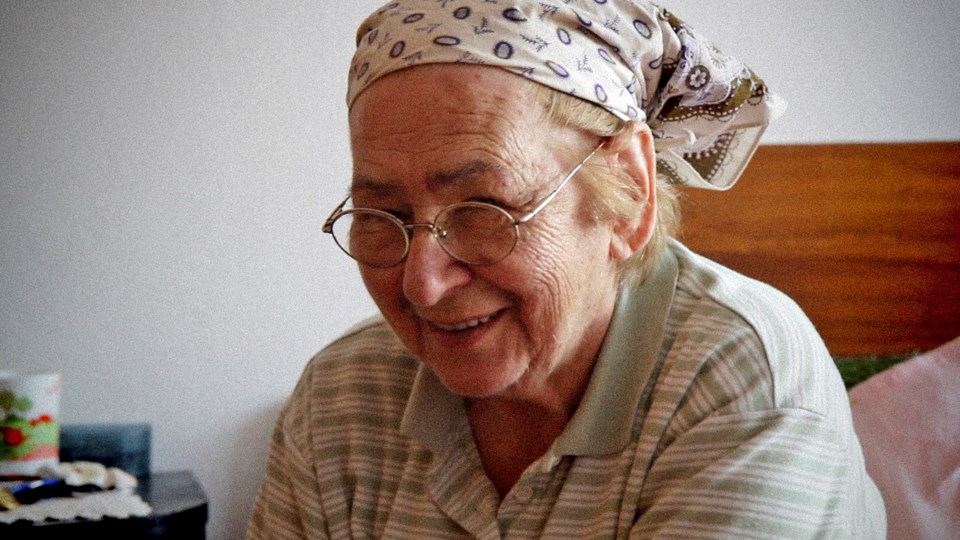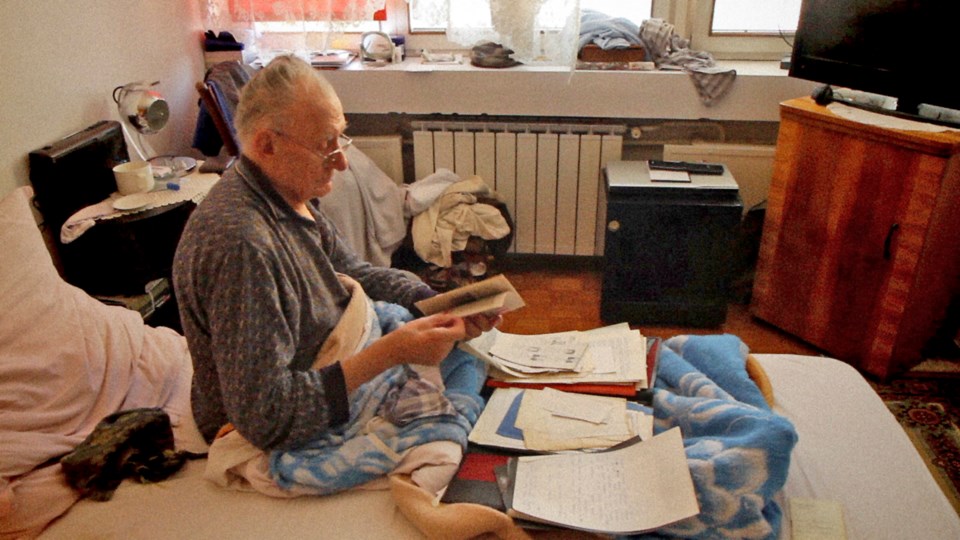When Bojan BodružiÄ was evacuated from Sarajevo in 1992, he thought heâd only be gone for a couple of weeks.
âIt was one of those things where we thought, âThis is just a skirmish, thereâs no chance a war in Bosnia will happen, itâs impossible,ââ says BodružiÄ. âIt didnât pan out that way.â
BodružiÄ did not know that the violence would explode into the Bosnian War and a four-year battle now known as the Siege of Sarajevo, the longest siege of a capital city in the history of modern warfare.
In 1992, that kind of prolonged violence was unimaginable to BodružiÄ, then a teenager. âSarajevo was a buzzing place, and very culturally rich,â recalls BodružiÄ. âEverybody was so incredibly intermixed, so for there to be a long conflict seemed entirely implausible.â
BodružiÄ and his sister were separated from their parents for nearly two years. Once reunited, the parents and siblings made their way to Â鶹´«Ã½Ó³»as refugees, and they built new lives for themselves in that lonely space between safety and heartache.
âComing to Canada on the one hand was wonderful,â says BodružiÄ. âYou have this great sense of freedom. Finally youâre free of these political pressures and national labels, all these things that brought about the war. So it was a very liberating experience, but thereâs still this absence in your life, this feeling of loss, because you didnât choose to come. We chose to come to Canada, but we didnât choose to leave our country.â
BodružiÄ never forgot where he came from. He couldnât. Heâd left too many people behind â including his grandparents. Heâd glimpse images of Sarajevo in films such as Welcome to Sarajevo, âAnd it would tear me up,â he says. âItâs like something from deep inside would suddenly well up. You carry that absence with you.â
When BodružiÄ finally returned to Sarajevo in 2000 and reunited with his grandparents, he did so with a camcorder in hand.

Thus began a 15-year journey in documentary filmmaking that culminates in The Museum of Forgotten Triumphs. BodružiÄâs feature-length film won the award for Best Canadian Documentary at the 2018 Â鶹´«Ã½Ó³»International Film Festival, and it screens at Vancity Theatre April 21 and 23.
Bodružic returned to Sarajevo on several occasions between 2000 and 2012, and each time, he filmed his grandparents at home in their small flat. In some scenes, they share stories from their lives, seated together on the couch; in others, they playfully bicker over dinner. They reminisce about the wars and each other. They ruminate on the future of their family and their country.
The Museum of Forgotten Triumphsis edited together from footage collected during those trips. Itâs a poignant but unsentimental tale of war, recovery, aging, love and loss through the story of BodružiÄâs grandparents â and yet itâs not the film that Bodružic originally set out to make.
Originally, BodružiÄâs film was going to be about, well, BodružiÄ. âI was editing for a while before I realized that what was most interesting about the project were my grandparents, and I felt that I could even tell my story, somewhat obliquely, through their story,â says the Â鶹´«Ã½Ó³»filmmaker.
Although The Museum of Forgotten Triumphs includes 12 years of footage, the bulk was shot in 2011, when BodružiÄ returned to Sarajevo at his grandfatherâs insistence.
âHe wanted to commit his life stories to camera,â says BodružiÄ. âHe kept telling me, âLook, you have to come.â It was almost like he sensed that something might happen, that they might be sick. There was a sense of urgency.â
Less than a year later, BodružiÄâs grandmother died. He returned for the funeral, and he and his grandfather ended up filming again.
âHe wanted to bring this to a conclusion,â says BodružiÄ.
His grandfather passed away two weeks later.
âThere was this sudden ending to the whole thing, which was simultaneously shocking and fitting,â says BodružiÄ. âI donât know how the two of them would have been able to live without each other. They were so completely intertwined in their lives, the way they existed, in every little daily routine, from the way they woke up to who made breakfast and who made coffee and who did the dishes.â
BodružiÄ has been travelling with The Museum of Forgotten Triumphs as it screens at festivals.
âIâve had a lot of people talk to me about their deeply emotional response to the film and how unexpected it feels, and how they didnât expect to see something like this on film because it seems so familiar,â says BodružiÄ.
The Museum of Forgotten Triumphs screens April 21 and 23 at Vancity Theatre. Tickets at VIFF.org.


